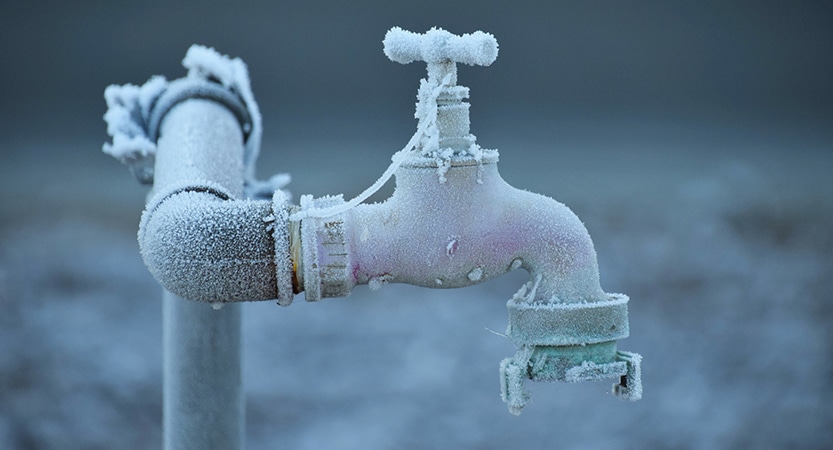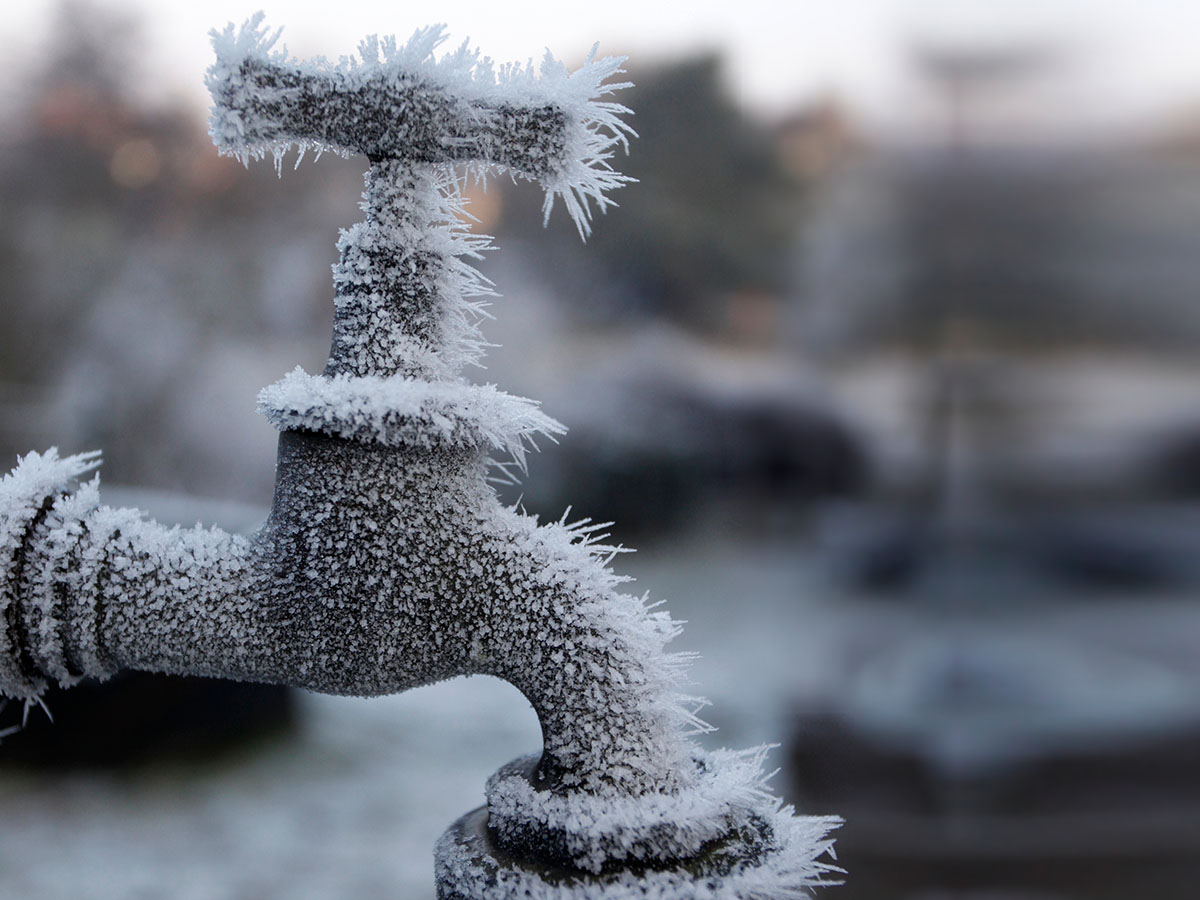Tips to Avoid Frozen Pipes in Winter: Pro Tips
Request A QuoteThe article author is making several great points about How To Avoid Freezing Pipes in general in this post below.

Cold weather can wreak havoc on your plumbing, specifically by freezing pipelines. Below's just how to stop it from taking place and what to do if it does.
Intro
As temperatures drop, the risk of icy pipelines boosts, potentially leading to pricey repair services and water damage. Recognizing exactly how to avoid icy pipelines is critical for homeowners in cold climates.
Understanding Frozen Pipes
What causes pipes to ice up?
Pipelines ice up when exposed to temperature levels listed below 32 ° F (0 ° C) for prolonged durations. As water inside the pipelines freezes, it increases, putting pressure on the pipeline walls and potentially triggering them to burst.
Threats and damages
Icy pipes can bring about supply of water disruptions, property damage, and pricey repair work. Ruptured pipelines can flooding homes and cause extensive structural damage.
Indications of Frozen Water Lines
Determining frozen pipes early can stop them from breaking.
How to identify frozen pipes
Try to find lowered water circulation from faucets, unusual smells or noises from pipes, and noticeable frost on exposed pipelines.
Prevention Tips
Shielding prone pipelines
Wrap pipelines in insulation sleeves or make use of warmth tape to shield them from freezing temperature levels. Focus on pipelines in unheated or external locations of the home.
Home heating techniques
Keep interior spaces effectively warmed, specifically locations with pipes. Open cupboard doors to enable warm air to circulate around pipes under sinks.
Protecting Exterior Pipes
Garden hose pipes and outdoor taps
Separate and drain garden tubes prior to wintertime. Install frost-proof faucets or cover outside faucets with shielded caps.
What to Do If Your Pipelines Freeze
Immediate actions to take
If you presume icy pipes, keep faucets available to soothe pressure as the ice melts. Use a hairdryer or towels soaked in warm water to thaw pipelines gradually.
Long-Term Solutions
Structural changes
Think about rerouting pipes away from outside walls or unheated locations. Add added insulation to attic rooms, basements, and crawl spaces.
Upgrading insulation
Invest in top quality insulation for pipes, attic rooms, and wall surfaces. Proper insulation aids keep regular temperature levels and decreases the threat of frozen pipelines.
Final thought
Preventing icy pipelines needs aggressive steps and fast responses. By comprehending the reasons, signs, and safety nets, homeowners can safeguard their pipes throughout winter.
Helpful Tips to Prevent Frozen Pipes this Winter
UNDERSTANDING THE BASICS: WHY PIPES FREEZE AND WHY IT’S A PROBLEM
Water freezing inside pipes is common during the winter months, but understanding why pipes freeze, and the potential problems it can cause is crucial in preventing such incidents. This section will delve into the basics of why pipes freeze and the associated problems that may arise.
THE SCIENCE BEHIND FROZEN PIPES
When water reaches freezing temperatures, it undergoes a physical transformation and solidifies into ice. This expansion of water as it freezes is the primary reason pipes can burst. As the water inside the pipe freezes, it expands, creating immense pressure on the walls. If the pressure becomes too great, the pipe can crack or rupture, leading to leaks and water damage.
FACTORS THAT CONTRIBUTE TO PIPE FREEZING
Low Temperatures: Extremely cold weather, especially below freezing, increases the risk of pipes freezing. Uninsulated or Poorly Insulated Pipes: Pipes located in unheated areas, such as basements, crawl spaces, or attics, are more prone to freezing. Insufficient insulation or lack of insulation altogether exacerbates the problem. Exterior Wall Exposure: Pipes running along exterior walls are susceptible to freezing as they encounter colder temperatures outside. Lack of Heating or Temperature Regulation: Inadequate heating or inconsistent temperature control in your home can contribute to frozen pipes. PROBLEMS CAUSED BY FROZEN PIPES
- Pipe Bursting: As mentioned earlier, the expansion of water as it freezes can cause pipes to burst, resulting in significant water damage.
- Water Damage: When pipes burst, it can lead to flooding and water damage to your property, including walls, ceilings, flooring, and personal belongings.
- Structural Damage: Prolonged exposure to water from burst pipes can compromise the structural integrity of your home, leading to costly repairs.
- Mold and Mildew Growth: Excess moisture from water damage can create a favorable environment for mold and mildew growth, posing health risks to occupants.
- Disrupted Water Supply: Frozen pipes can also result in a complete or partial loss of water supply until the issue is resolved.
WHY CERTAIN PIPES ARE MORE PRONE TO FREEZING
- Location: Pipes located in unheated or poorly insulated areas, such as basements, crawl spaces, attics, or exterior walls, are at higher risk of freezing.
- Exterior Pipes: Outdoor pipes, such as those used for irrigation or exposed plumbing, are particularly vulnerable to freezing as they are directly exposed to the elements.
- Supply Lines: Pipes that carry water from the main water supply into your home, including the main water line, are critical to protect as freezing in these lines can affect your entire plumbing system.
- Underground Pipes: Pipes buried underground, such as those connected to sprinkler systems or outdoor faucets, can be susceptible to freezing if not properly insulated.
https://busybusy.com/blog/helpful-tips-to-prevent-frozen-pipes-this-winter/

I'm just very inquisitive about Preventing and dealing with frozen pipes and I am praying you liked the entire entry. Loved our write-up? Please quickly share it. Help another person check it out. Many thanks for your time. Revisit us soon.
Request An Estimate